Go back
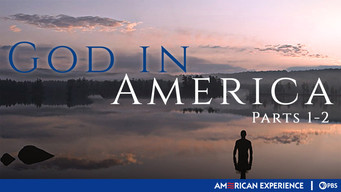
God in America (Parts 1–2)
Episode number: 1
Overview: A New Adam explores the origins of Christian religion in America and examines how the New World changed the faiths that the settlers brought with them. A New Eden explores how an unlikely alliance between evangelical Baptists and enlightenment figures like Thomas Jefferson served as the foundation of American religious liberty.
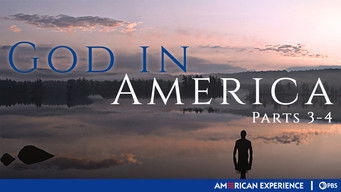
God in America (Parts 3-4)
Episode number: 2
Overview: During the 19th century, the forces of modernity challenged traditional faith and drove a wedge between liberal and conservative believers.
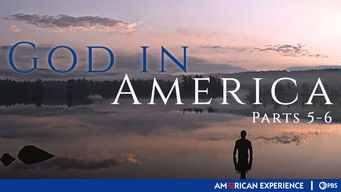
God in America (Parts 5-6)
Episode number: 3
Overview: Hour five explores the post-World War II era, when rising evangelist Billy Graham tried to inspire a religious revival that fused faith with patriotism in a Cold War battle with Godless Communism.
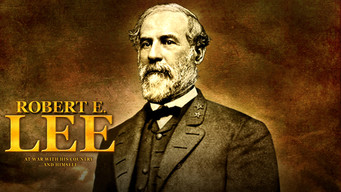
Robert E. Lee
Episode number: 4
Overview: Robert E. Lee, the leading Confederate general of the American Civil War, remains a source of fascination and, for some, veneration. Few public figures have ever held a such a firm grip on the American popular imagination. Grant was a man whose rise from obscurity made him a hero to millions who could see themselves in him. An ordinary man who faced and met extraordinary challenges, his successes and failures seemed to encapsulate the national character. He was so popular with the American public that, despite his two scandal-ridden terms as president, he was nearly nominated to run for a third term.
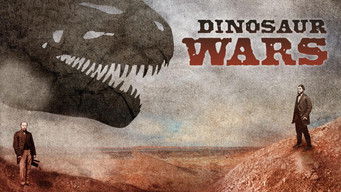
Dinosaur Wars
Episode number: 5
Overview: From PBS and American Experience - In the summer of 1868, paleontologist Othniel Charles Marsh boarded a Union Pacific train for a sightseeing excursion through the heart of the newly opened American West. While most passengers simply saw magnificent landscapes, Marsh soon realized he was traveling through the greatest dinosaur burial ground of all time.
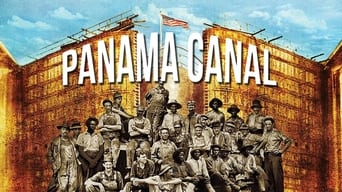
Panama Canal
Episode number: 6
Overview: In 1914, the Panama Canal connected the world’s two largest oceans. American ingenuity and innovation had succeeded where the French had failed disastrously, but the U.S. paid a price for victory.
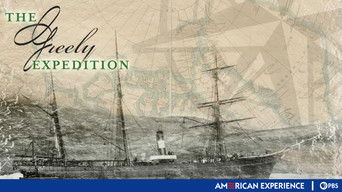
The Greely Expedition
Episode number: 7
Overview: In 1881, 25 men led by Adolphus Greely set sail from Newfoundland to Lady Franklin Bay in the high Arctic, where they planned to collect a wealth of scientific data from a vast area of the world’s surface that had been described as a "sheer blank." Three years later, only six survivors returned, with a daunting story of shipwreck, starvation, mutiny and cannibalism. The film reveals how poor planning, personality clashes, questionable decisions and pure bad luck conspired to turn a noble scientific mission into a human tragedy.
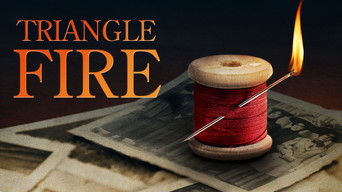
Triangle Fire
Episode number: 8
Overview: It was the deadliest workplace accident in New York City’s history. A dropped match on the 8th floor of the Triangle Shirtwaist Factory sparked a fire that killed over a hundred innocent people trapped inside. The private industry of the American factory would never be the same.
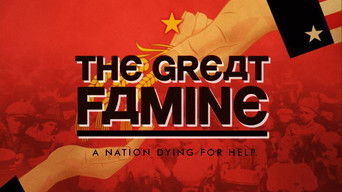
The Great Famine
Episode number: 9
Overview: The little-known story of the American effort to relieve starvation in the new Soviet Russia in 1921, The Great Famine is a documentary about the worst natural disaster in Europe since the Black Plague in the Middle Ages. Five million Soviet citizens died. Half a world away, Americans responded with a massive two-year relief campaign, championed by Herbert Hoover, director of the American Relief Administration.
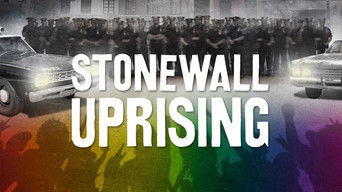
Stonewall Uprising
Episode number: 10
Overview: In 1969, homosexuality was illegal in almost every state... but that was about to change. The Stonewall riots marked a major turning point in the modern gay civil rights movement. When police raided the Stonewall Inn, a popular gay bar in the Greenwich Village section of New York City on June 28, 1969, the street erupted into violent protests that lasted for the next six days. The Stonewall riots, as they came to be known, marked a major turning point in the modern gay civil rights movement in the United States and around the world.
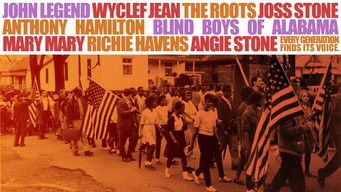
Soundtrack for a Revolution
Episode number: 11
Overview: The story of the American civil rights movement told through the freedom songs protesters sang on picket lines, in mass meetings, in paddy wagons and in jail cells as they fought for justice and equality. The music enabled African-Americans to sing words they could not say and helped protesters face brutal aggression with dignity. With heart-wrenching interviews, dramatic images and contemporary performances by top artists, including John Legend, Joss Stone, Wyclef Jean and The Roots.
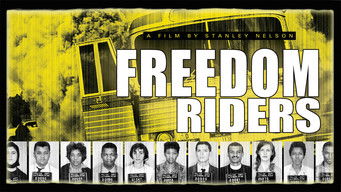
Freedom Riders
Episode number: 12
Overview: They called themselves the Freedom Riders, and they managed to bring the president and the entire American public face to face with the challenge of correcting civil-rights inequities that plagued the nation. Veteran filmmaker Stanley Nelson’s inspirational documentary is the first feature-length film about this courageous band of civil-rights activists. Gaining impressive access to influential figures on both sides of the issue, Nelson chronicles a chapter of American history that stands as an astonishing testament to the accomplishment of youth and what can result from the incredible combination of personal conviction and the courage to organize against all odds.